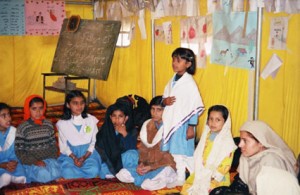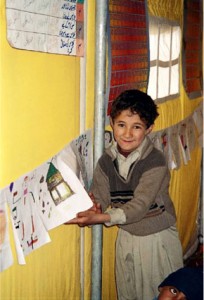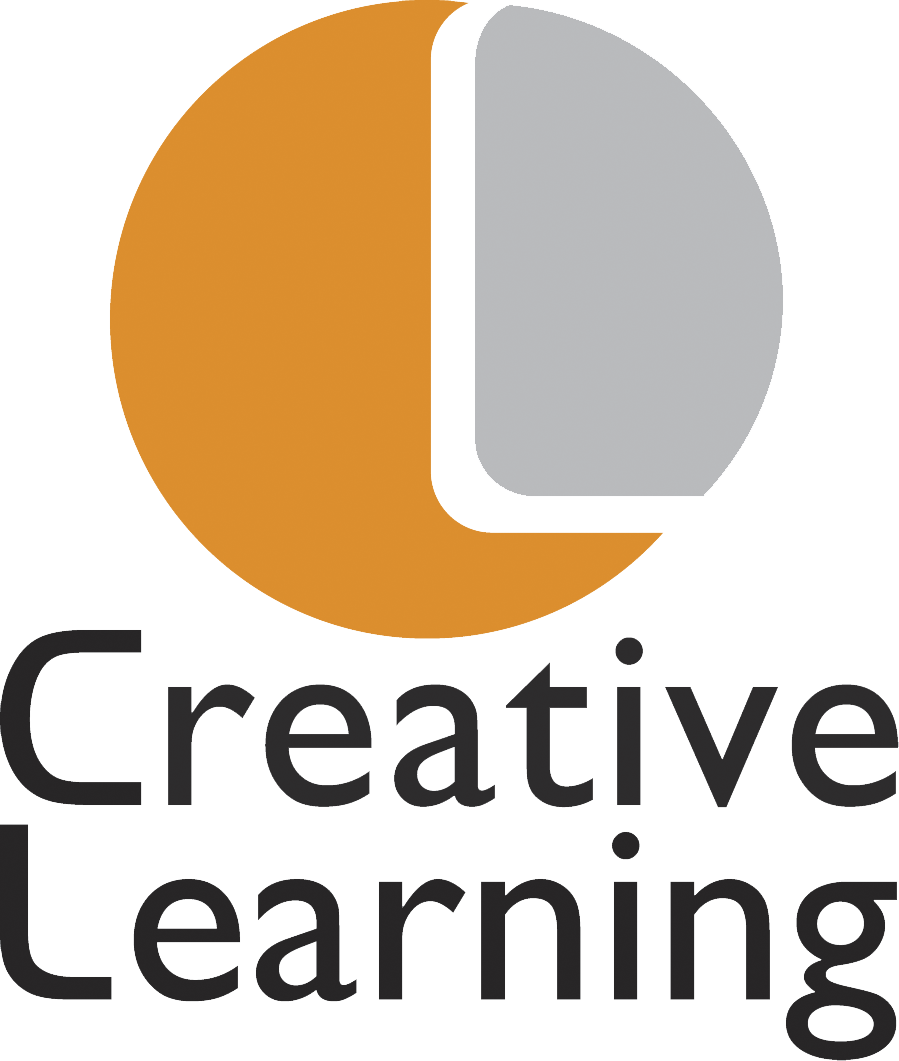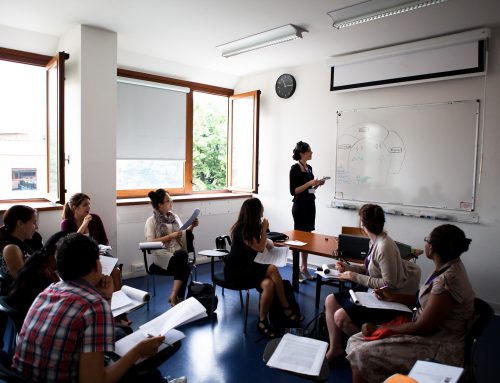 The October 2005 earthquake in Pakistan that left many villages in desolation also left numerous children with emotional scars and little resources to support them. Creative Learning saw the need to reestablish schools for these children of displaced families, and by creating a strategic partnership with UNICEF’s tent village project and Children’s Resources International, Creative Learning has provided $15,504 that allowed us to aid approximately 600 children and their families in social and psychological recovery from the earthquakes devastation, by:
The October 2005 earthquake in Pakistan that left many villages in desolation also left numerous children with emotional scars and little resources to support them. Creative Learning saw the need to reestablish schools for these children of displaced families, and by creating a strategic partnership with UNICEF’s tent village project and Children’s Resources International, Creative Learning has provided $15,504 that allowed us to aid approximately 600 children and their families in social and psychological recovery from the earthquakes devastation, by:
- Establishing 12 schools in the Balakot Tehsil, each school consisting of two tents that accommodate up to 25 children at a time, and utilizes the village teachers to carry on the schools.
- Training 30 teachers in child-centered learning methods and practices that aid in the students’ recovery from traumas they have suffered, including psycho-social therapy and general socialization curricula, and utilizing social and artistic activities such as painting, drawing and singing.
- Incorporating four days of intensive teacher training followed by two monthly visits to provide the teachers needed technical assistance, and provide a methodology book for continued reference.
- Providing basic supplies to aid in the classroom activities, such as paper, crayons and pencils.
The teachers embraced their training, and now implement it in their classrooms, including book making and morning meetings, where together, teachers and students briefly talk about their day and emotions. Book making is an activity where the children put their own stories in words and pictures, allowing creative expression of thoughts and emotions. The methodology in teaching has created a following of Pakistani teachers, who want to learn the same methods, which in contrast to the strict system currently in place, is seeing increased results in student participation and mental health.
 In 2006 the project was expanded to support the teachers and schools for an additional four months. The expansion included continued training in:
In 2006 the project was expanded to support the teachers and schools for an additional four months. The expansion included continued training in:
- child-centered methods in the classrooms
- student assessment
- engaging the local education department and parents
- mentoring skills to develop the capacity of other teachers.
The project expansion also developed a network between the schools to aid in the mentoring process, and provided extra consumable supplies and storybooks to all 24 classrooms, as well as whiteboards and materials to aid in classroom training.




